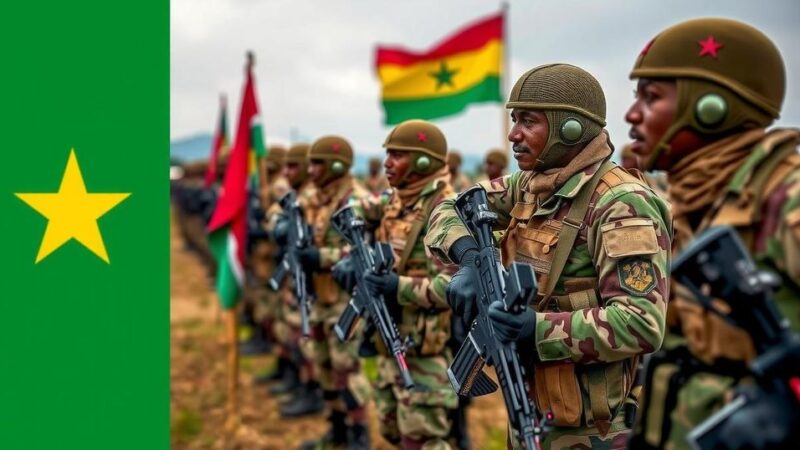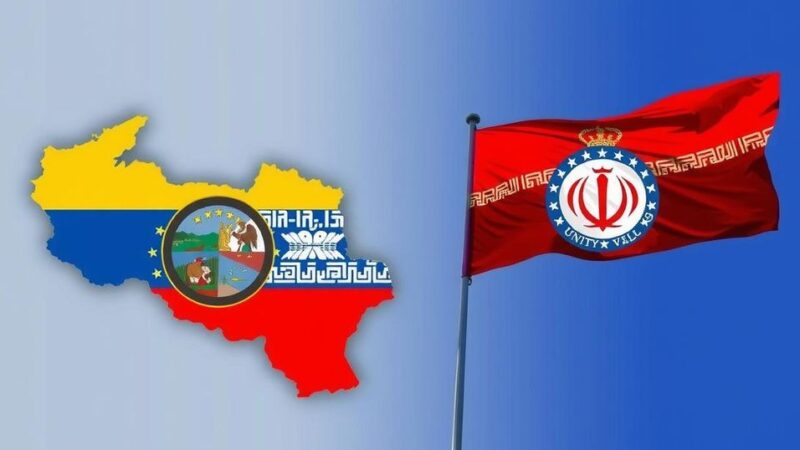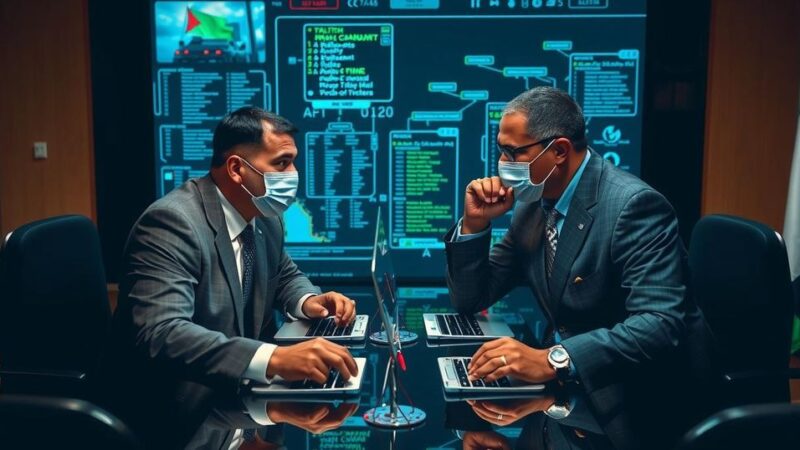Israel and Iran are inching closer to a potential war after Iran launched a significant missile strike against Israeli targets in retaliation for recent assassinations of key leaders. This escalation could have severe implications for the Middle East. Both nations are poised for a confrontation, with each side increasing its military readiness and actions, thus raising the stakes of their conflict.
The geopolitical tensions between Israel and Iran have escalated significantly following an unprecedented missile assault by the Iranian Revolutionary Guard Corps and the Iranian military, which targeted Israeli air force bases and Mossad headquarters with approximately 180 missiles. The Iranian government claimed this was a retaliatory measure against the recent assassinations of key figures in the region, including leaders from Hezbollah and Hamas. While most of the missiles were intercepted through a collaborative defense effort involving Israel, the United States, and Jordan, several managed to inflict some damage and casualties. This escalation has raised alarms about the potential for a direct conflict between Israel and Iran, which could have far-reaching consequences throughout the Middle East and potentially involve nuclear implications. The recent attack differed from prior engagements, exhibiting a rapid execution and surprise element, marking a distinct shift in Iran’s military approach due to perceived threats to its regional influence and internal stability. Both nations appear to be escalating their military posturing, with Iran threatening to target Israeli civilian infrastructure and Israel contemplating a more robust response than it previously demonstrated. Historical context reveals that prior Israeli actions have not successfully deterred direct Iranian assaults, leading to a re-evaluation of military strategies that may include targeting Iranian infrastructure more aggressively. Key considerations influencing Israeli strategic decisions include operational capabilities, potential regional backlash, and the implications of military actions against Iran’s nuclear ambitions. The United States, particularly under the Biden administration, has expressed opposition to strikes on Iran’s nuclear facilities, which may complicate Israel’s military calculations. The recent uptick in public discourse regarding Iran’s nuclear program in Israeli society signifies a growing urgency amidst fears of an empowered Iran. This situation echoes sentiments from the past where pressures created a cycle of reactionary measures, risking an escalation into a broader military conflict. As both countries continue to confront each other through proxy conflicts and direct engagements, there is a pressing need for diplomatic channels and frameworks to be reinforced to avoid a catastrophic outcome. The lessons from historical crises, particularly the Cuban missile crisis, underscore the necessity of measured and responsible decision-making under duress.
The article elucidates the escalating military engagement between Israel and Iran, primarily triggered by recent Iranian retaliatory strikes that have alarmed regional stability. It contextualizes these developments within the broader strategic landscape of Middle Eastern conflicts, emphasizing the potential for military escalation leading to catastrophic outcomes. The implications of Iranian nuclear ambitions and regional proxy dynamics are also integral to understanding the motivations behind each nation’s military posturing. The ongoing shifts in public opinion within Israel regarding aggressive responses to threats represent a critical factor in the decision-making processes of its leadership.
In summary, the relationship between Israel and Iran is precariously poised on the edge of military conflict, with both sides escalating their confrontational tactics in response to perceived threats and missteps. The necessity for effective communication and diplomatic engagement is paramount to prevent a descent into war, particularly given the historical precedents that highlight the consequences of quick decisions under pressure. It is incumbent upon leaders to apply historical lessons to modern conflicts to mitigate the risk of catastrophic outcomes.
Original Source: thehill.com






